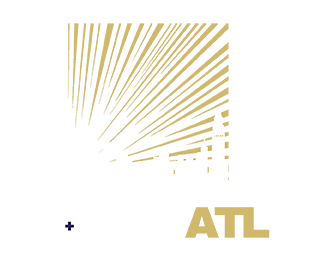If you have been injured -- physically and/or mentally -- as a result of another…
How Personal Injury Cases Are Compensated
The amount of compensation from a personal injury case strongly depends upon the type of injury and the resultant losses. Your losses from a car accident, truck accident, motorcycle accident, slip and fall, or an injury in or around a business that allowed conditions that led to an accident could include several different things. Some of these are as follows:
- Medical Treatment – If you are sufficiently injured to warrant filing a lawsuit, then you are likely to have medical treatment and the bills that go with it. This should be our first consideration.
- Loss of Income – An injury can prevent you from pursuing normal activity. For example, if you are a bricklayer and you have broken your arm, you are unlikely to be able to engage in your work for at least six weeks – the normal time for a broken bone to heal. It would be logical to pursue compensation for lost wages for that time. An added consideration might be whether you are able to retain the job.
- Property Loss – If your car, items of clothing, or other possessions were damaged during the accident, then you would be able to create a claim for the value of the items.
- Pain and Suffering – This is a general legal concept that can encompass many things. It can mean actual physical pain, for example, a broken bone causes excruciating and debilitating pain. But it can also mean emotional pain. If the accident prevents you from participating in something dearly anticipated, then that would cause a different sort of pain. If trauma is involved in the accident that results in anxiety, stress, loss of sleep, and similar symptoms, then that can be incorporated under this heading.
- Emotional Distress – Sometimes lumped in with pain & suffering, this deals specifically with emotional reactions to the accident. An emotional reaction could be sadness over a temporary loss of mobility or similar difficulty right on up through full-blown distress that requires professional help to overcome.
- Loss of Enjoyment – Very similar to pain and suffering or emotional distress, this is considered when the injury prevents you from engaging in pursuits that would normally give you pleasure. For example, if you spend time in a gymnasium each week practicing gymnastics, a broken limb would certainly cause a loss of that activity. If the broken appendage cannot be restored to normal function, that loss could be permanent.
- Loss of Consortium – This occurs when the injury causes separation between the sufferer and family members. This could include a situation that affects a marriage or a separation between a parent and child. In some cases, the money for this type of loss might be awarded to family members rather than the victim.
- Punitive Damages – If it can be shown that the person or persons responsible for the accident allowed inappropriate conditions or behavior to cause the damage, then they might be further charged for the situation. This is a sum added as a deterrent to further neglect an activity that might cause difficulty for others in the future.
Do We Have to Go To Court?
No one wants to go to court. Therefore, injury cases are, as it is often expressed, “settled out of court.” We can advise you as to whether an out-of-court settlement is reasonable and in your best interests. Settling out of court can save all parties' embarrassment, and it avoids the costs associated with court proceedings. Sometimes, however, that is the only way to recover your losses. Giving you appropriate advice is part of our responsibility.
Did You Know...
Your behavior or responses can affect the outcome of your case. Here are a few things which you should be aware:
- Comparative Negligence – This is when the opposition can show that you are at least partially at fault for a situation. For example, if you are rear-ended, if it can be proven that you stopped abruptly without good cause, or that your brake lights were out, your compensation might be reduced.
- Contributory Negligence – Similar to the above, but somewhat different in scope, contributory negligence is a situation where your carelessness or actions helped cause the accident. In such a case, you might not receive any compensation at all.
- Failure to Mitigate Damages – This addresses your behavior after the accident. This is why it is so important for you to carefully follow your physician’s instructions. If it can be shown that you didn’t make every effort to get well, return to work, and so on, then that will work against you. These considerations are reasonable things that have been set up to help prevent people from inflating or creating their status to gain compensation.
If you have been injured, it is important not to appear to fall into any of these categories. They are also why we should be the first person you call – even before contacting your insurance company. We can help steer you around these conceptual shoals so that your accident can be addressed correctly.


